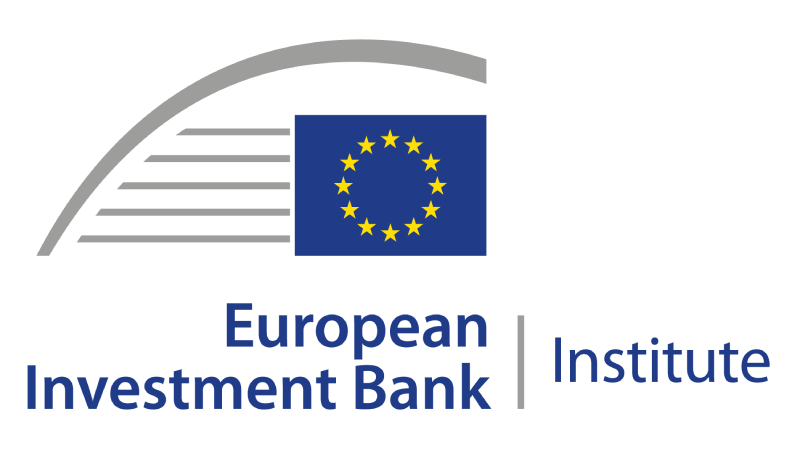With only 18% of EU population having a high level of financial literacy, we need to urgently boost our financial education capabilities in our children and youth. Financial education is the ability to use a set of skills and knowledge that enables individuals to make informed and effective decisions with all their financial resources. Very often, vulnerable groups and less affluent communities lack those skills and evidence suggests that insufficient financial education may have contributed to the sub-prime and related crises.
In 2024, the Institute launched a new financial education programme in Croatia, building upon successful programmes in Cyprus, and in Greece with Action Aid Hellas, in collaboration with Aflatoun International an Amsterdam-based NGO which offers social and financial education to children and young people, especially the most vulnerable; and ERGO.
Previously, in Italy, more than 5 000 children benefited from the MOney LEarning (MOLE) project with Turin’s Museo del Risparmio and Fondazione per la Scuola. Focused on organising visits to the museum for primary school children from remote mountain areas in the Piedmont Region, the project was extended to the neighbouring regions of Lombardy, the Aosta Valley and Liguria. As a natural extension, the Institute, the Museo and Scania Italia launched the first European “museum on wheels”, which toured Italy between October 2018 and April 2019 reaching 10 000 students in seven provinces and broadened the concept to include saving resources, not only financial but also natural. The COVID-19 epidemic curtailed the second tour of the “museum on wheels and the third edition was done entirely online.
Also In Bulgaria, between 2014 and 2018, around 2 500 Bulgarian students aged 15 to 18 years benefited from the Institute’s partnership with Aflatoun International.
The Institute awarded a research grant to the University of Groningen (Netherlands) to review existing initiatives with the objective of identifying success factors and best practice.
